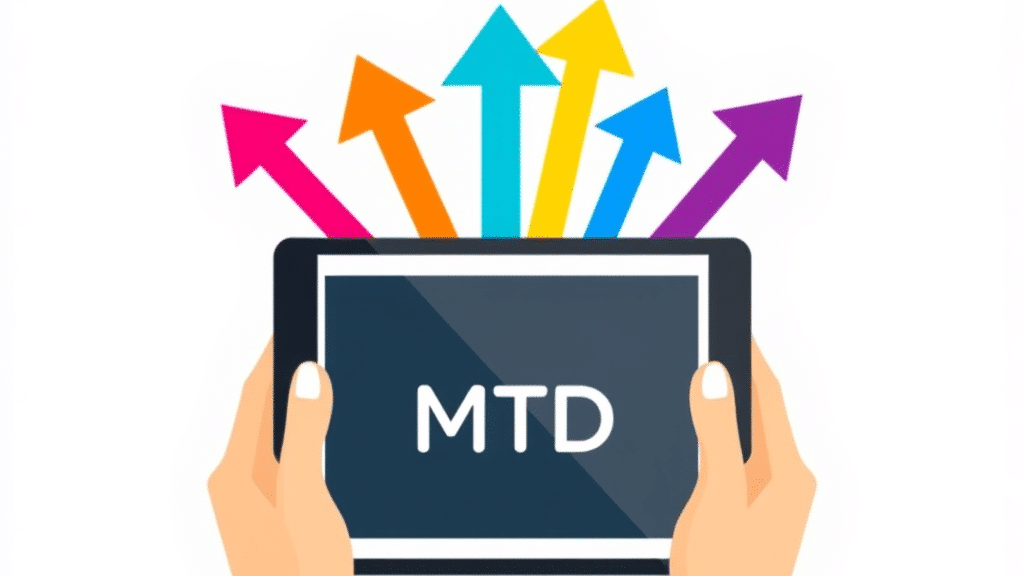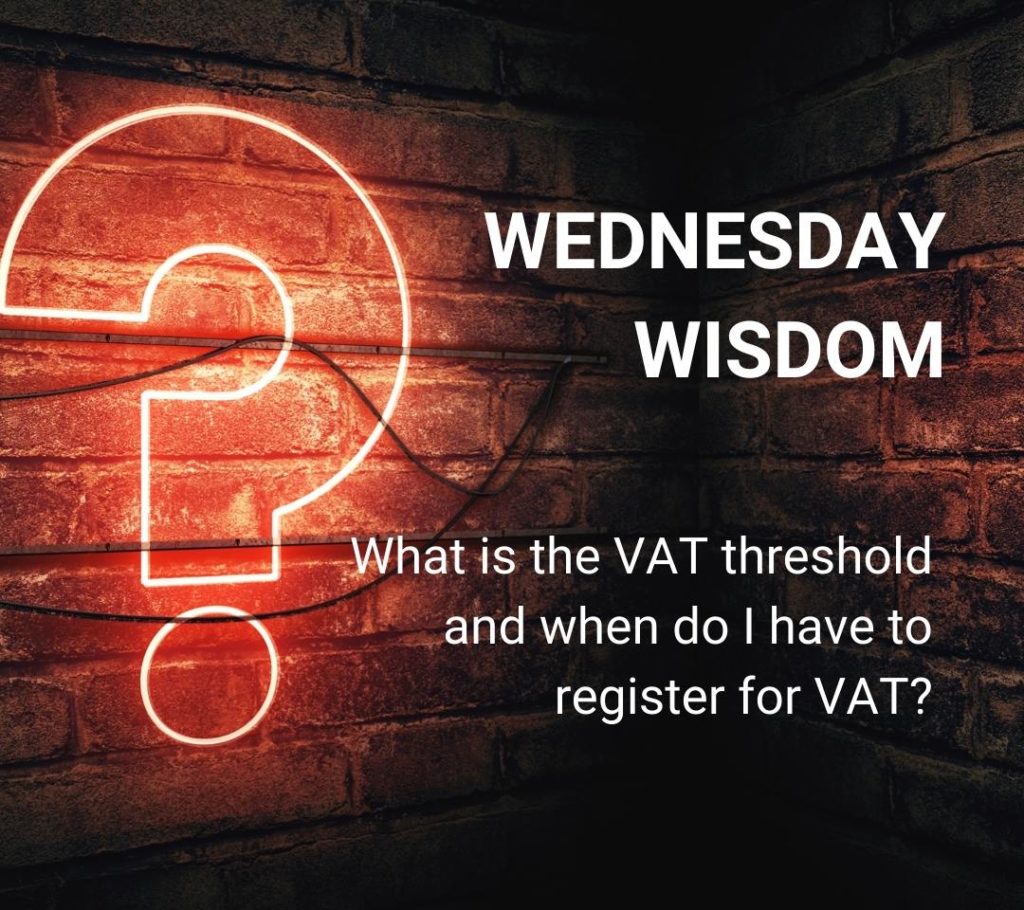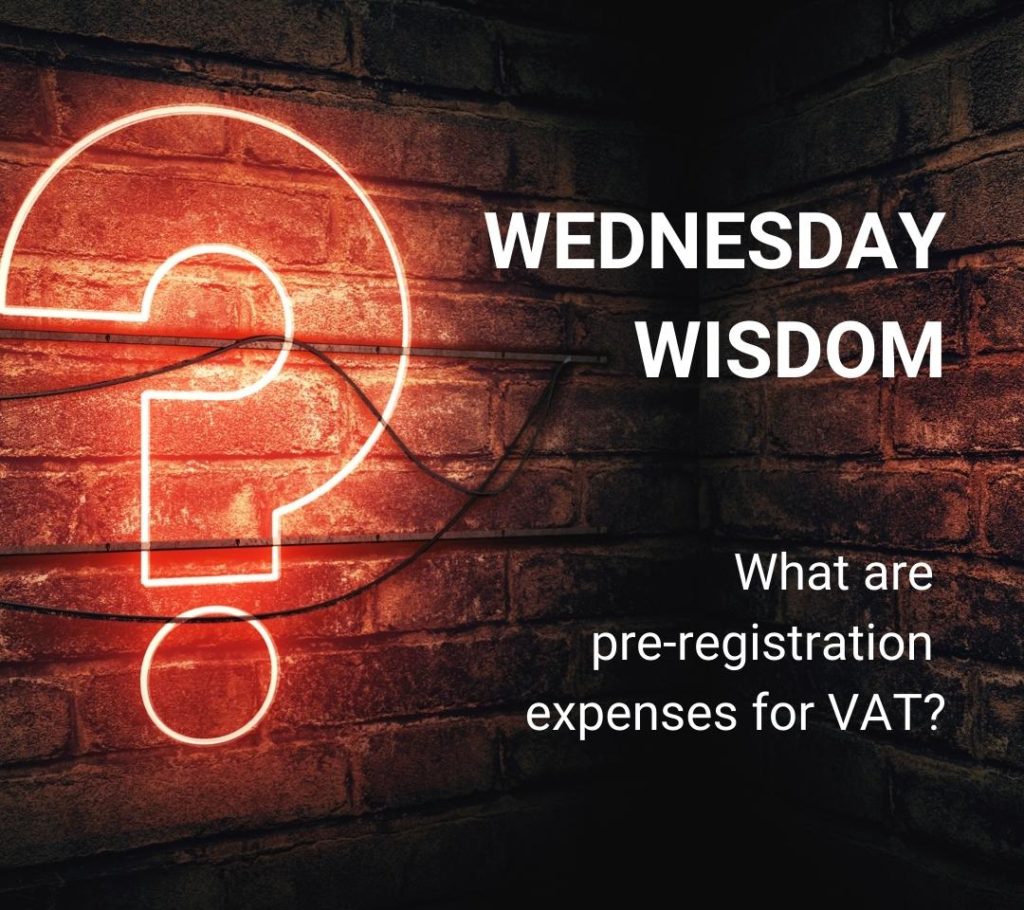Making Tax Digital (MTD) is the UK government’s big push to drag tax reporting into the 21st century.
Instead of keeping paper records or spreadsheets, businesses and self-employed individuals now have to use HMRC-approved software to track income and expenses.
The goal?
To make tax filing quicker, more accurate, and (hopefully) less stressful.
Creative Takeaways
- MTD overview – Digital tax reporting requirement.
- MTD for VAT – Digital records & software required.
- MTD for ITSA – Self-employed & landlords from 2026.
- Software options – Xero & bridging software available.
- Registration – VAT auto-enrolled, ITSA voluntary now.
Table of contents
1. What is Making Tax Digital (MTD)?
In professional terms, Making Tax Digital (MTD) represents the UK government’s initiative to modernise tax reporting systems for the digital era.
This programme requires businesses and self-employed individuals to transition to HMRC-approved software for tracking income and expenses.
The primary objectives of MTD include:
- Making the efficiency of tax filing processes better
- Improving the accuracy of submitted information
- Reducing the administrative burden associated with tax compliance
MTD has already been implemented for VAT reporting, with Income Tax scheduled as the next phase of deployment.
Making Tax Digital for Value Added Tax (MTD for VAT)
If you’re VAT-registered, Making Tax Digital for VAT means you must keep digital records and file VAT returns using HMRC-approved software – no more manual entries or paper records.
HMRC automatised the whole process, so if you’re a VAT-registered business, HMRC will sign you up automatically – unless you are already exempt or have applied for exemption.
All VAT-registered business regardless of turnover need to follow MTD for VAT:
- Sole Traders
- Limited companies
- Partnerships
- Landlords with VAT-registered properties
Even if your annual turnover is below the £90,000 VAT threshold, you must comply unless you’re exempt.
To follow MTD for VAT rules, you need to:
- Use MTD-compatible software (more on this later) – No more submitting VAT returns manually via HMRC’s portal.
- Keep digital records – This includes sales, purchases, VAT rates, invoices. You can still use spreadsheets, but you’ll need bridging software to link them to HMRC’s system.
- Submit VAT returns digitally – Your software will send you VAT return directly to HMRC every quarter.
Apply for exemptions for MTD for VAT
HMRC can grant exemptions for MTD for VAT, if it’s not practical for you to use digital tools due to:
- Age, Disability, or Location: Challenges related to age, a disability, or living in a remote area with limited internet access.
- Religious Beliefs: If your beliefs prevent the use of electronic methods.
- Insolvency: If your business is undergoing an insolvency procedure.
To request an exemption, you should contact HMRC by phone or in writing.
Be prepared to provide:
- Your VAT Registration Number: This unique identifier for your business.
- Business Details: Your business name and address.
- Current Filing Method: How you currently submit your VAT returns.
- Reason for Exemption: A clear explanation of why you’re unable to comply with MTD requirements.
Continue submitting your VAT returns as usual until HMRC informs you of their decision in writing. If granted, the letter will outline how to proceed with your VAT submissions. If denied, the letter will explain why and provide information on how to appeal the decision.
You can always learn more about exemptions on the government’s website.
| Creative Tips Some situations automatically exempt you from MTD for VAT: • Insolvency: If you or your business are subject to an insolvency procedure. • VAT Deregistration: If you’ve canceled your VAT registration but still need to submit a final return. In these cases, HMRC will provide guidance on how to submit your VAT returns. |
Making Tax Digital for Income Tax Self Assessment (MTD for ITSA)
MTD for ITSA is set to roll out in two phases:
- From April 2026: Self-employed individuals and landlords with annual business property income over £50,000 will be required to comply.
- From April 2027: The threshold will be lowered to include those earning over just £30,000.
Additionally, the government has also stated that it will be mandatory to use MTD for ITSA even if your total gross income from self-employment and property is over £20,000 but there’s node definite timeline for that yet.
You can voluntarily apply even now, so HMRC can see how the system works.
Under MTD for ITSA, taxpayers will need to:
- Maintain digital records
- Submit quarterly updates
- File an End of Period Statement (EOPS)
- Submit a Final declaration
2. How to register for MTD?
If you want to register for MTD, there’s good news!

Just as stated earlier: HMRC automatically enrolls all new VAT-registered businesses into MTD for VAT. You no longer need to sign up manually, and after that, you only have to make sure that you maintain digital records and submit VAT returns using MTD-compatible software.
For MTD for ITSA, you can voluntarily sign up now. To do this, you’ll need:
- A government gateway account with your user ID and password
- MTD-compatible software
- National Insurance number and accounting details.
3. Which MTD-compatible software to use?
Businesses and individuals must use software that can maintain digital records and communicate directly with HMRC.
Making Tax Digital offers two types of solutions:
- MTD-compatible software
- Bridging software
MTD-compatible software
MTD-compatible software are comprehensive accounting solutions to handle ALL aspects of digital record-keeping and tax submissions. They integrate with HMRC systems.
The software used by our company is called Xero. Xero is a cloud-based accounting platform offering real-time financial data access, invoicing, and expense tracking.
Bridging software
You might still prefer using spreadsheets for record-keeping. Bridging software acts as a digital link between your spreadsheets and HMRC’s MTD system. This allows you to remain compliant without changing your existing workflows completely.
You can find all MTD-compatible software along with bridging software on the government’s website. You can filter based on what you need the software for, other features, price, software language and even accessibility features.
4. Digital records – to keep or not to keep?
You must keep digital records for MTD. This includes:
- Income & expenses – all sales, purchases, and VAT transactions.
- VAT details – VAT rate applied, amount charged, and due dates.
- Taxable profit & allowances (for ITSA) – digital records of business income and tax-deductible expenses.
- Quarterly updates – for ITSA, income and expenses must be submitted every three months.
If you don’t keep your digital records, and continue with manual bookkeeping, you can risk your chances of mistakes, and this can lead to tax miscalculations and penalties.
Keeping digital records isn’t optional for MTD – it’s a legal requirement now.
5. Let us handle MTD for you (and wide range of other services)
Is Making Tax Digital giving you a headache? You’re not alone – and you don’t have to figure it out by yourself.
We’re here to take the confusion out of MTD with personalised support that keeps you compliant without the stress. Why struggle with complicated tax requirements when you could be focusing on what really matters – growing your business?
Here’s how we help:
- We’ll set you up with MTD-friendly software like Xero that actually works for you
- We handle your digital records so nothing falls through the cracks
- We submit your VAT (or ITSA in the future) on time, every time
We’ve got a solution designed specifically for your situation.
Let’s talk today and make MTD the simplest part of running your business!







